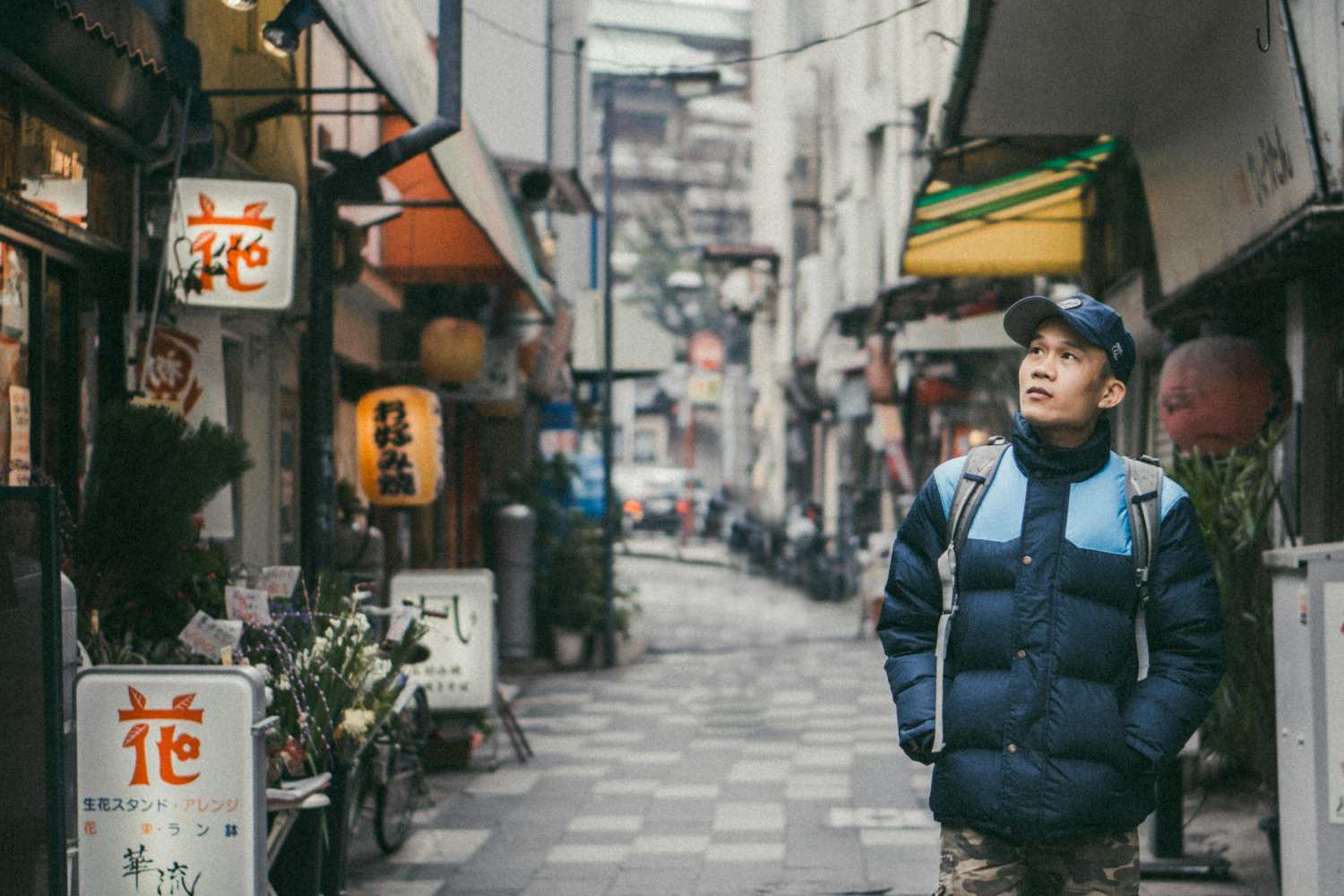Exploring johatsu, Japan’s phenomenon of voluntary disappearances, where invisibility becomes a survival strategy or a silent trap.

@Sơn Bờm/Pexels
In Japan, a social phenomenon both fascinating and unsettling quietly unfolds: johatsu, literally meaning “to evaporate.” It refers to people who choose to disappear voluntarily, leaving behind family, work, and relationships. These are not cases of crime or kidnapping; rather, it is a conscious, often meticulously planned decision to escape a life perceived as unbearable.
Why disappearing can seem like the only solution
The reasons behind this choice are diverse. Some vanish under the weight of crushing debt or the shame of economic failure. Others are escaping domestic violence, scandals, or social pressures too heavy to bear. In a culture that places immense value on honor and public image, fading into nothingness can feel less painful than facing societal judgment.
As one anonymous source puts it, “Sometimes disappearing is the only way to survive without losing face.”
Yonigeya, the agencies of silent escape
Facilitating these disappearances are the yonigeya, agencies specializing in orchestrating vanishings. They operate at night, coordinating rapid relocations, finding new homes in anonymous neighborhoods, and even helping secure small, temporary jobs.
In extreme cases, clients may request plastic surgery or new identification documents. The law does not prohibit disappearing, but if fraud, unpaid debts, or minors are involved, it enters a legal gray area.
Where johatsu find refuge
Those who take this path often retreat to the margins of major cities, such as San’ya in Tokyo or Kamagasaki in Osaka, neighborhoods where anonymity is guaranteed. Residents live on odd jobs or informal work, far from the pressures of traditional Japanese society. In these areas, questions are scarce and silence becomes a form of protection.
A night in San’ya, you’ll notice, is eerily quiet for a city, punctuated only by the occasional footsteps or the hum of neon signs. Here, invisibility is survival.
Freedom or silent condemnation?
For some, johatsu represents rebirth, the chance to erase the past and start anew. For others, it becomes a trap: many fall victim to organized crime or find themselves trapped in precarious, unstable lives. Around this phenomenon, private investigators also thrive, hired by families desperate to locate their missing loved ones.
Two parallel markets revolving around the same drama: disappearance as salvation for some, and peril for others. Johatsu reflects a society where personal failure can feel unbearable and where the idea of “vanishing” can appear, incredibly, as one of the few escape routes.
